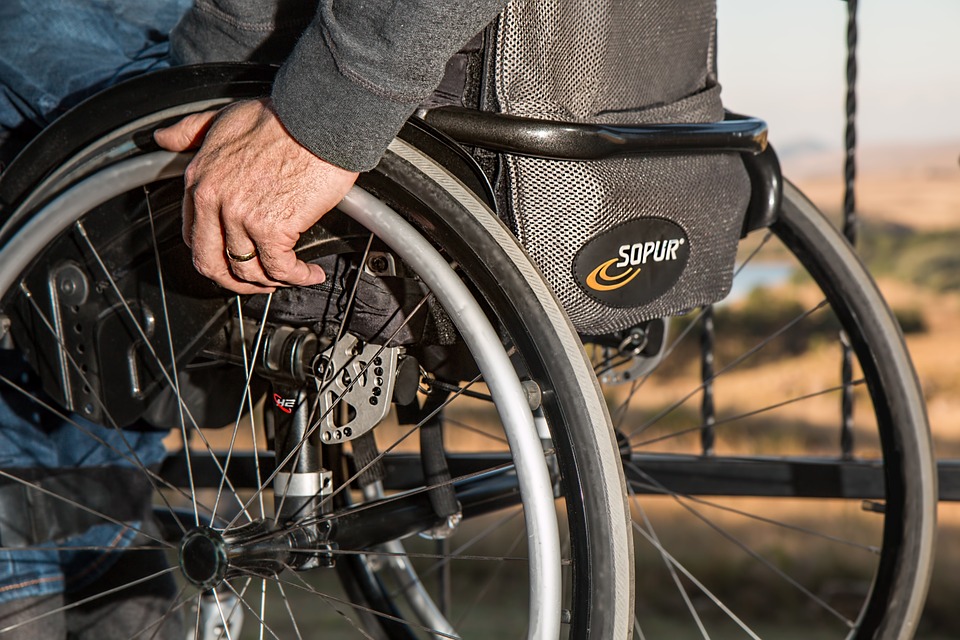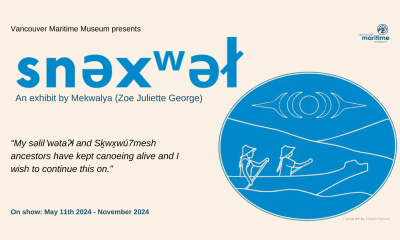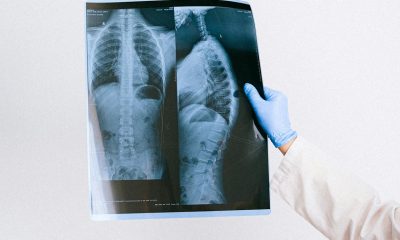Canada News
Extending the scope of assisted dying is wrong

The state’s obligation is not to end all suffering through death but rather to assist the most vulnerable in having a more tolerable life. (Pixabay photo)
Just as Canada is facing a public reckoning over our abject failure to care for the most vulnerable Canadians in a global pandemic, the government has decided to rush through Bill C-7, a bill that will greatly extend the scope of legally assisted suicide in Canada.
In Canada, medical assistance in dying (MAiD) has been limited to people who are at the end of their life. The government is now trying to extend it to those who suffer from an irremediable medical condition or disability, even if they are not at the end of their lives. Now is not the time to make it easier to end the lives of people with disabilities who are suffering intolerably. Now is the time to commit to finding ways to make those lives more tolerable.
In 2016, Canada enacted MAiD in response to a decision by the Supreme Court of Canada that held that it was a violation of our Charter of Rights and Freedoms to use the criminal law to prevent people from seeking medical assistance when facing a difficult and/or painful death.
The acronym, MAiD, is important because it speaks to the core of the legislative objective: to ease people into a death that is inevitable, with as little suffering as possible. What is being pushed through by the government now – that physicians can end the lives of those who are not dying – ceases to be medical assistance in dying and becomes assisted suicide. Medical assistance in dying should be just that. When someone is at the end of their life and facing a difficult death, we allow physicians, with appropriate safeguards, to make death easier. Death is the great equalizer. People from all groups and social conditions will ultimately reach a point where life is no longer an available choice.
Such is not the case when we remove the requirement that death be reasonably foreseeable. Those who have the financial resources to make life with a disability more tolerable will be less likely to seek this option. We must learn this painful lesson. We know that people with disabling and irremediable conditions are disproportionately older women, disproportionately Indigenous and disproportionately unemployed, poor and socially isolated. Disability organizations hear almost daily from individuals who are considering MAiD because the appalling lack of state supports makes life intolerable. It may be because they are institutionalized, because they cannot afford treatment, or because they are socially isolated. We have seen the social inequality of illness with COVID-19.
Many Canadians suffer intolerably for reasons unrelated to disability: homelessness, poverty, past trauma, the impact of colonialism, to name a few. No one would suggest that a solution to this suffering is for the state to provide them with assistance in ending their lives. Instead we have singled out disabling medical conditions as the only legitimate basis for assisted suicide for someone who is suffering intolerably but not at the end of life.
This legislation, if passed, will be challenged in court as denying equal protection of the law to persons with disabilities contrary to the equality guarantees in our Charter. Pared down to its simplest expression, lowering the threshold for MAiD for persons who have disabilities or disabling illnesses is discriminatory because it creates a special class of persons whose suffering can be ended by death. People with disabilities are the only group excluded from a fundamental safeguard provided to every other Canadian by the Criminal Code. This safeguard provides that a life can be legally ended by a physician only where death is reasonably foreseeable.
We are told by the government that it must take this step – that Canadians’ right to autonomy demands it. But there is no autonomy without meaningful choice. Someone who does not have the resources to remain in their home with supports, who is institutionalized in a facility with inadequate services or with people decades older than them, or who is facing years of incarceration in our brutal and cruel prison system, where disability supports are virtually nonexistent, may have no choice other than death. That is not autonomy. These decisions will inevitably be affected by the social inequalities people with disabilities confront on a daily basis.
What is the rush to make death more accessible in the midst of a global pandemic when the most vulnerable Canadians are already dying in frightening numbers? Should we not at least try to take concrete steps to make life more livable before we resort to this final most desperate option?
One judge in Quebec has declared the current law unconstitutional because it does not provide medical assistance for those whose death is not reasonably foreseeable. In any other context the government would appeal this decision, defend its legislation and let the issue work its way up to the Supreme Court of Canada before deciding on next steps. Instead Bill C-7 has been rushed through second reading despite the persistent yet futile protests of Canada’s leading national disability organizations. It is now patently obvious that the government is not interested in the views of those whose lives will be most profoundly impacted by this legislation.
If Canada wants to extend medical assistance in dying, it must do so in a way that does not target people with disabilities as the only group of people who may receive medical assistance in committing suicide. The state’s obligation is not to end all suffering through death but rather to assist the most vulnerable in having a more tolerable life.
If, as those who disagree argue, medical assistance in dying is in fact a benefit to alleviate suffering, why is it available only to those whose suffering is based on disability or illness? If it is truly a benefit, why not remove any requirement for an irremediable medical condition, and instead make it available to everyone who is suffering intolerably and wanting to end their life? Why do we push our governments to improve the lives of people who suffer intolerably based on other systemic inequalities but not those who suffer intolerably based on disability? We as a society must reckon with the reality that we have a not so distant history of widespread sterilization of women and girls with intellectual disabilities in this country, and a very real present where we abandon our most vulnerable citizens to inadequate institutional care.
I call upon Parliament to pause this reform and to reject the amendment that allows medically assisted suicide for those who are not at the end of life.
This article first appeared on Policy Options and is republished here under a Creative Commons license.





















